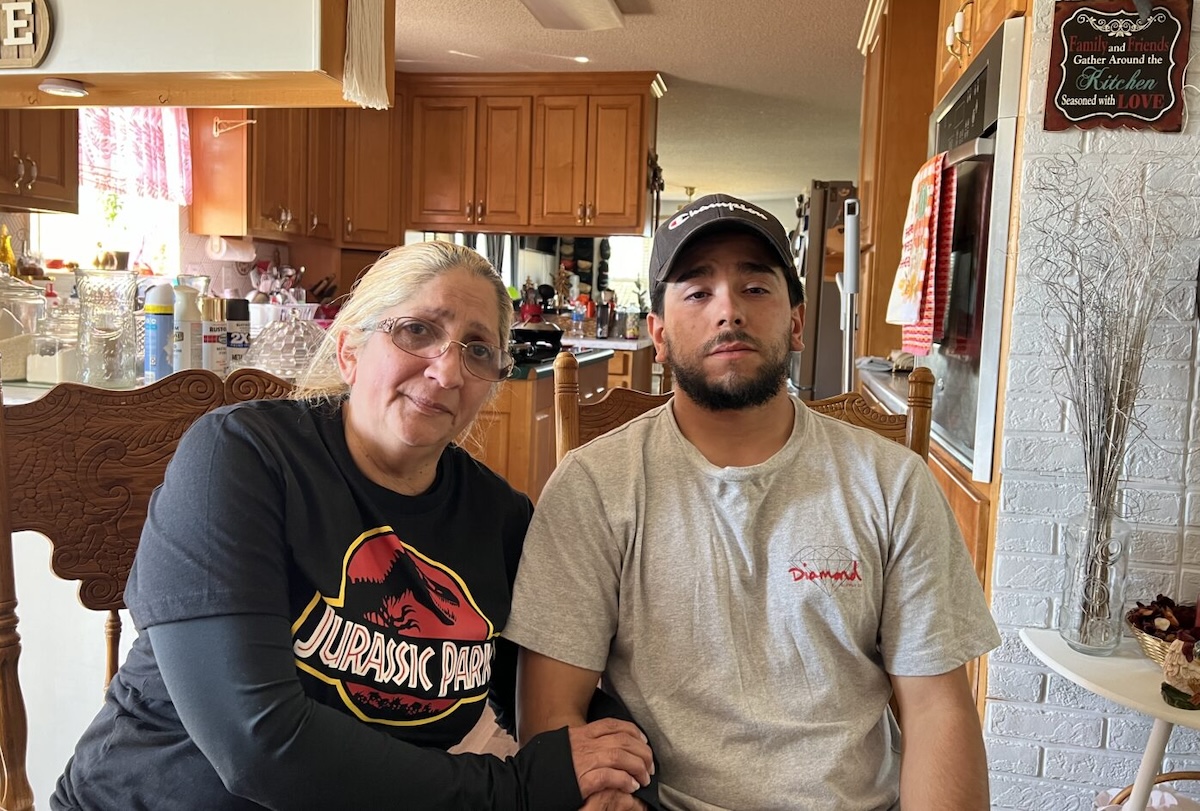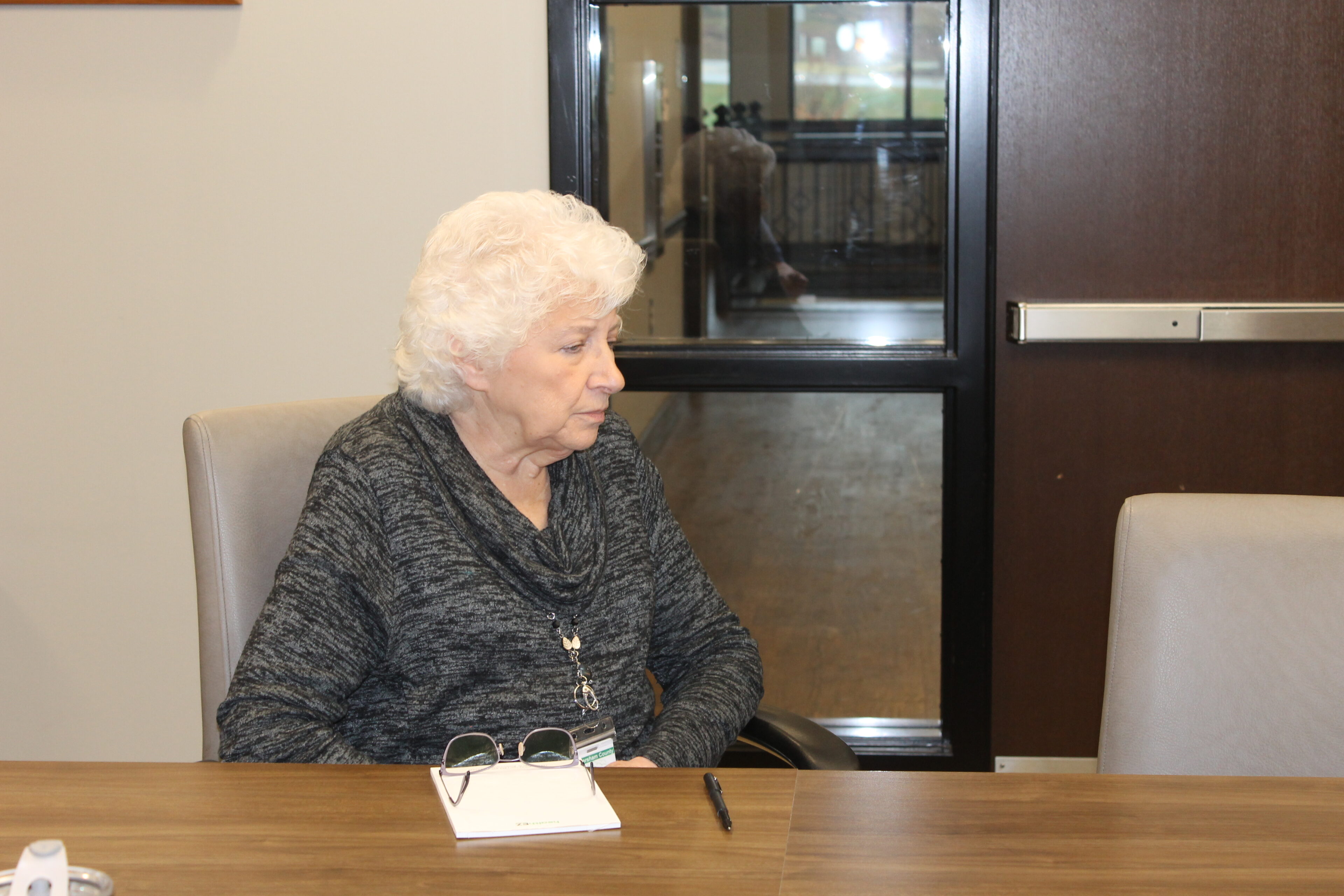WASHINGTON (States Newsroom) — Congressional Democrats largely reserved judgment Wednesday on President-elect Donald Trump’s pick of Linda McMahon as his nominee for Education secretary, even as they raised concerns about Trump’s plans to eliminate the department.
In interviews Wednesday, Democrats in the U.S. Senate mostly did not raise the sorts of objections to McMahon — the co-chair of Trump’s transition team, Small Business Administration head during Trump’s first term and former CEO of World Wrestling Entertainment — that they did for other Cabinet selections.
Sen. Tim Kaine, who sits on the Senate Committee on Health, Education, Labor and Pensions, dubbed Trump’s pick “troubling in some sense.”
But the Virginia Democrat complimented an op-ed McMahon wrote for The Hill that expressed support for expanding Pell Grant eligibility to include short-term workforce education programs.
“That’s something that I’ve been long pushing, and so that’s something at a nomination hearing that I’m definitely going to talk to her about,” Kaine told States Newsroom.
Fellow HELP Committee Democrats Tammy Baldwin of Wisconsin, John Hickenlooper of Colorado, Ben Ray Luján of New Mexico, and Tina Smith of Minnesota were noncommittal about their votes on McMahon’s confirmation.
“I don’t know that much about her, but I’ll be interested to hear what she says,” Hickenlooper said.
Baldwin said she would provide the Senate’s advice and consent role on the nominee “when that time comes.”
Luján compared McMahon to Trump’s other Cabinet picks.
“It’s similar to his other picks as well, which are concerning many of my Republican colleagues, who are going to be in the majority.”
Smith said she “can’t really speak to that … other than to say that his job is to put forth the nominees that he wants to do this job.”
“And my job is to thoroughly vet them to make sure that they have the qualifications and that they’re fully prepared and ready to enforce the laws of the country,” she added.
Agenda sparks concern
If confirmed, McMahon would play a key role in the education agenda Trump has promoted, including eliminating the department entirely.
Trump’s pledge to get rid of the department is unlikely to find enough support in Congress.
Kaine said Trump “will not get the votes to do that — even among Republicans.”
And the process of abolishing the 45-year-old agency could create a series of logistical and legal complexities for the billions of dollars in funding the department provides, particularly for low-income K-12 schools, special education and federal student aid.
But the policy agenda has raised more concerns with Democrats than McMahon’s nomination.
Rep. Bobby Scott, ranking Democrat on the House Committee on Education and the Workforce, said that with her not having a long history working in education, he will wait to pass judgment on McMahon’s nomination until she’s been fully vetted by the Senate.
“However, I am staunchly opposed to President-elect Trump’s education agenda, which seeks to abolish the Department of Education, eliminate funding for low-income and rural K-12 schools, scrap the expansion of school meals, and make it more difficult for student borrowers to repay their loans,” the Virginia Democrat said.
Rep. Suzanne Bonamici, ranking member of the House Subcommittee on Early Childhood, Elementary and Secondary Education, said in a statement to States Newsroom that she wrestles “with how (McMahon) will lead the Department of Education when Donald Trump plans to eliminate it.”
“Schools across the country, including those in rural communities, rely on federal funding to help them meet the needs of their students, especially low-income students and students with disabilities,” the Oregon Democrat said.
Alex Floyd, the Democratic National Committee’s rapid response director, said Trump “wants to defund the Department of Education and send our tax dollars to his ultra-rich billionaire backers — like Linda McMahon,” in a Wednesday statement.
“McMahon was already a disaster at the Small Business Administration, so it’s no wonder Trump picked her to lead a department he is hellbent on destroying,” Floyd said.
Report: McMahon lied about education background
Lawmakers raised few objections about McMahon’s relatively slim experience in education policy, even after a Washington Post report Wednesday that McMahon claimed on a questionnaire for a seat on the state’s education board she had a bachelor’s in education that she did not have.
McMahon was on the Connecticut Board of Education for just over a year and a member of the Board of Trustees at Sacred Heart University in Fairfield, Connecticut.
She is also chair of the board of the America First Policy Institute, a pro-Trump think tank. In his announcement, Trump said that while serving as chair of the board, McMahon has been a “fierce advocate for Parents’ Rights, working hard at both AFPI and America First Works (AFW) to achieve Universal School Choice in 12 States, giving children the opportunity to receive an excellent education, regardless of zip code or income.”
GOP response
Meanwhile, congressional Republicans, including the House education panel’s chairwoman, Virginia Foxx, praised Trump’s decision.
The North Carolina Republican said in a Wednesday press release McMahon is “a fighter who will work tirelessly in service of the students — not the so-called elite institutions, or the teachers unions or the federal bureaucracy.”
Sen. Bill Cassidy, ranking Republican of the Senate HELP committee, said in a statement that McMahon’s experience running the SBA “can obviously help in running another agency.” The Louisiana Republican said he looks forward to meeting with her.
North Carolina GOP Sen. Ted Budd, who also sits on the HELP panel, told States Newsroom that McMahon is “highly qualified, and I look forward to the process.”











 A House
A House




